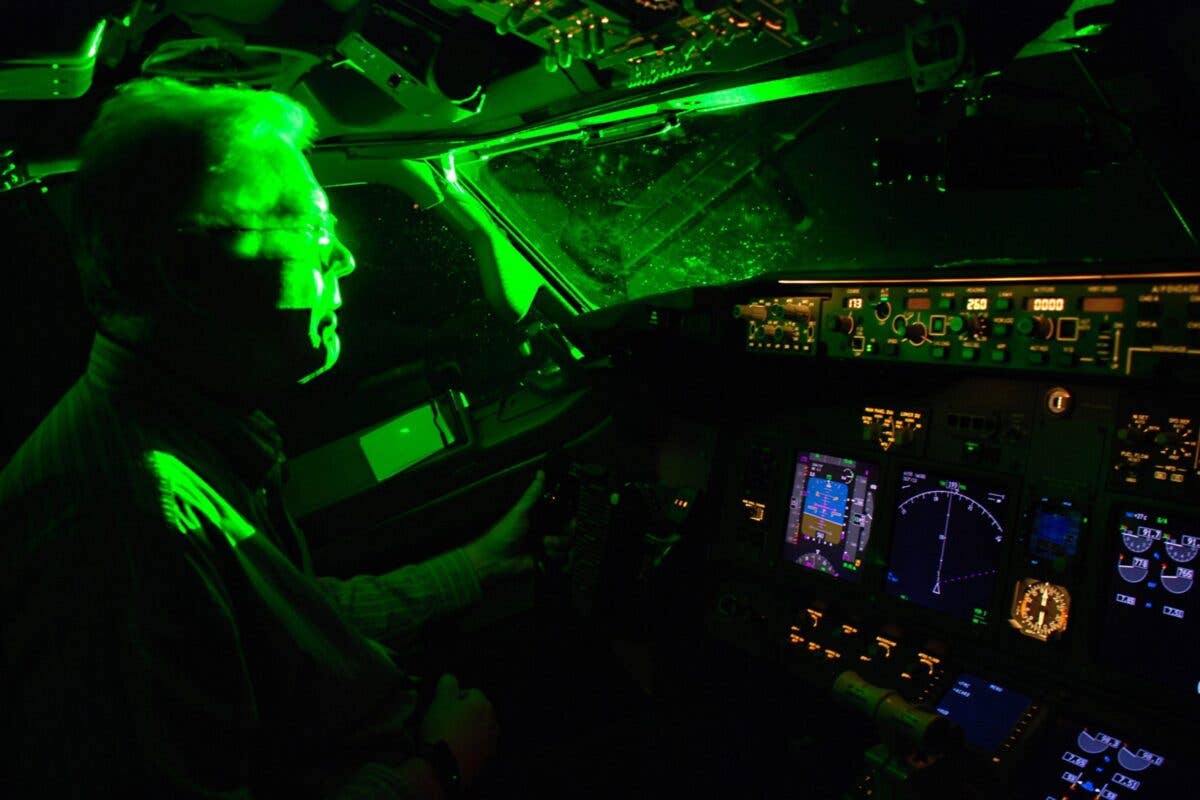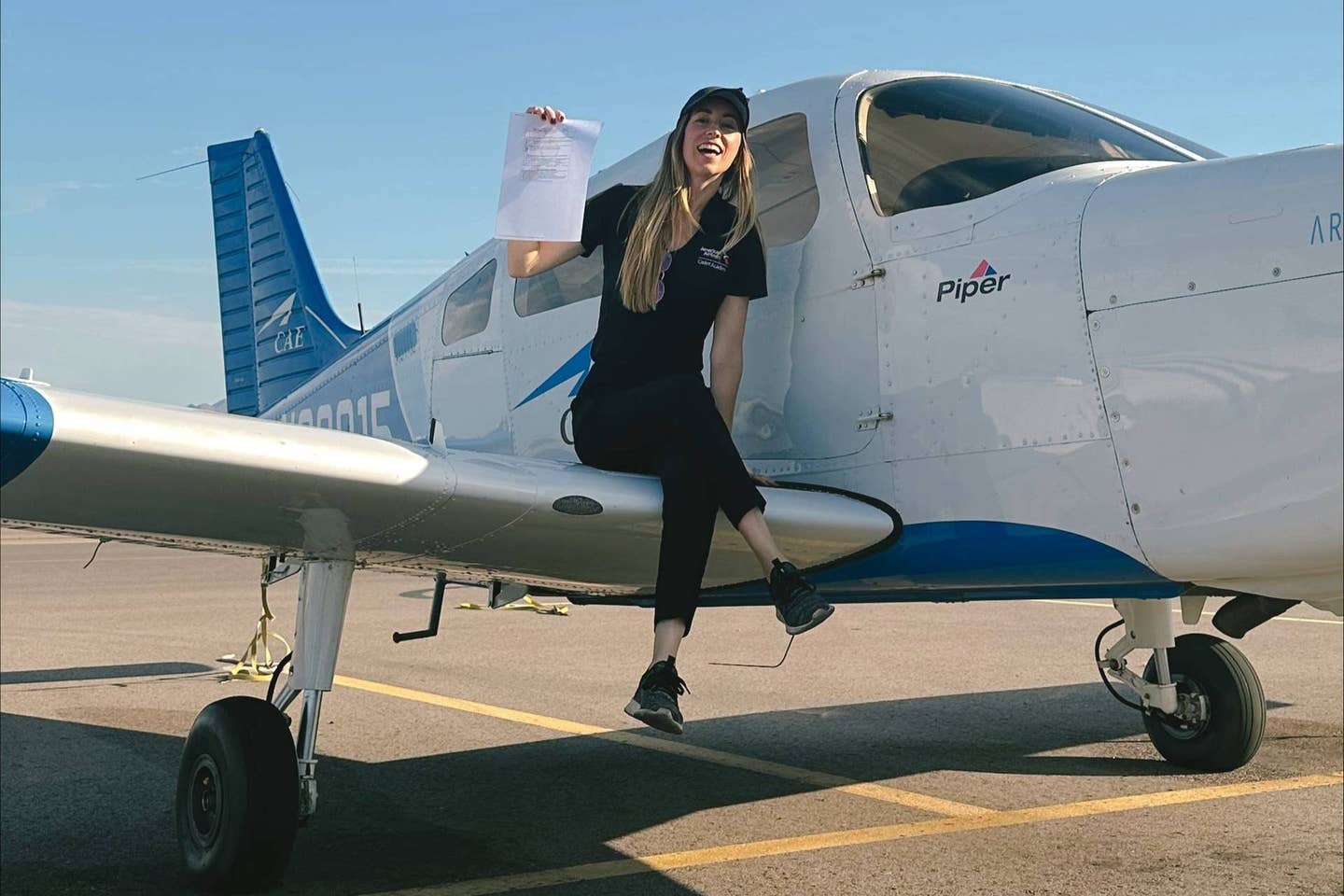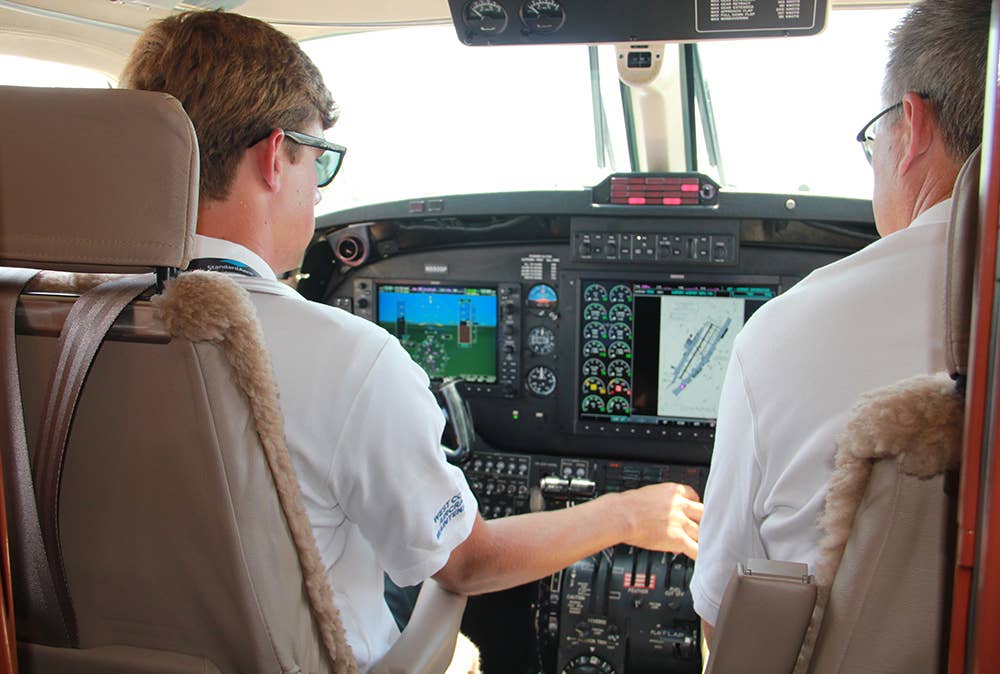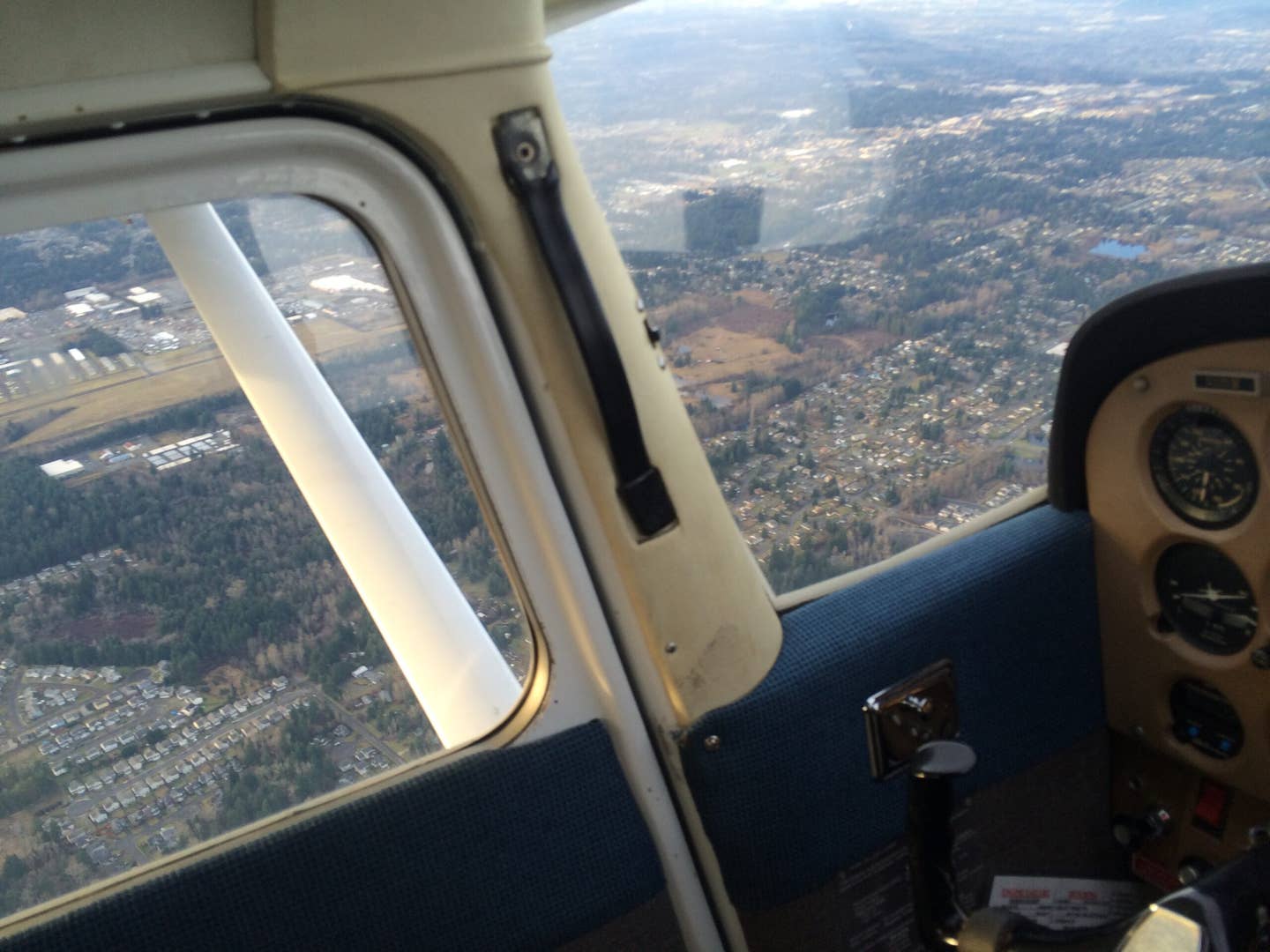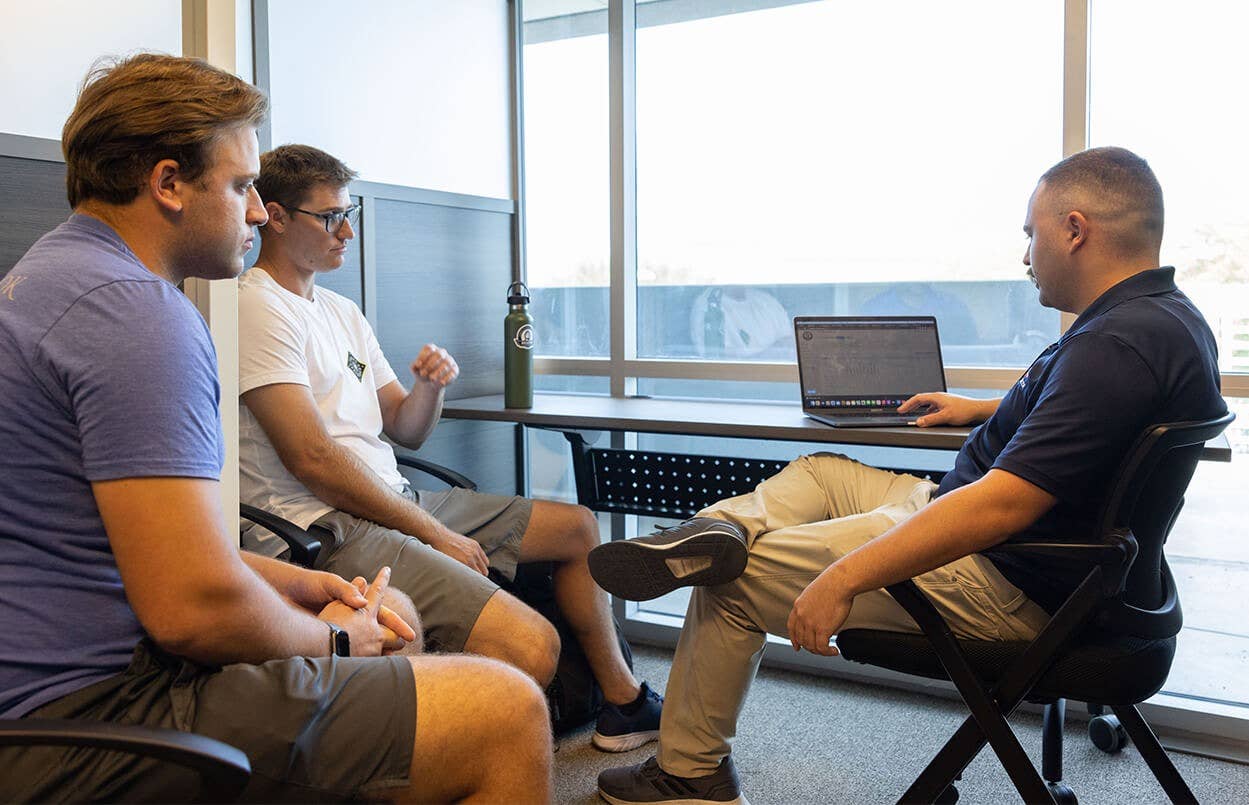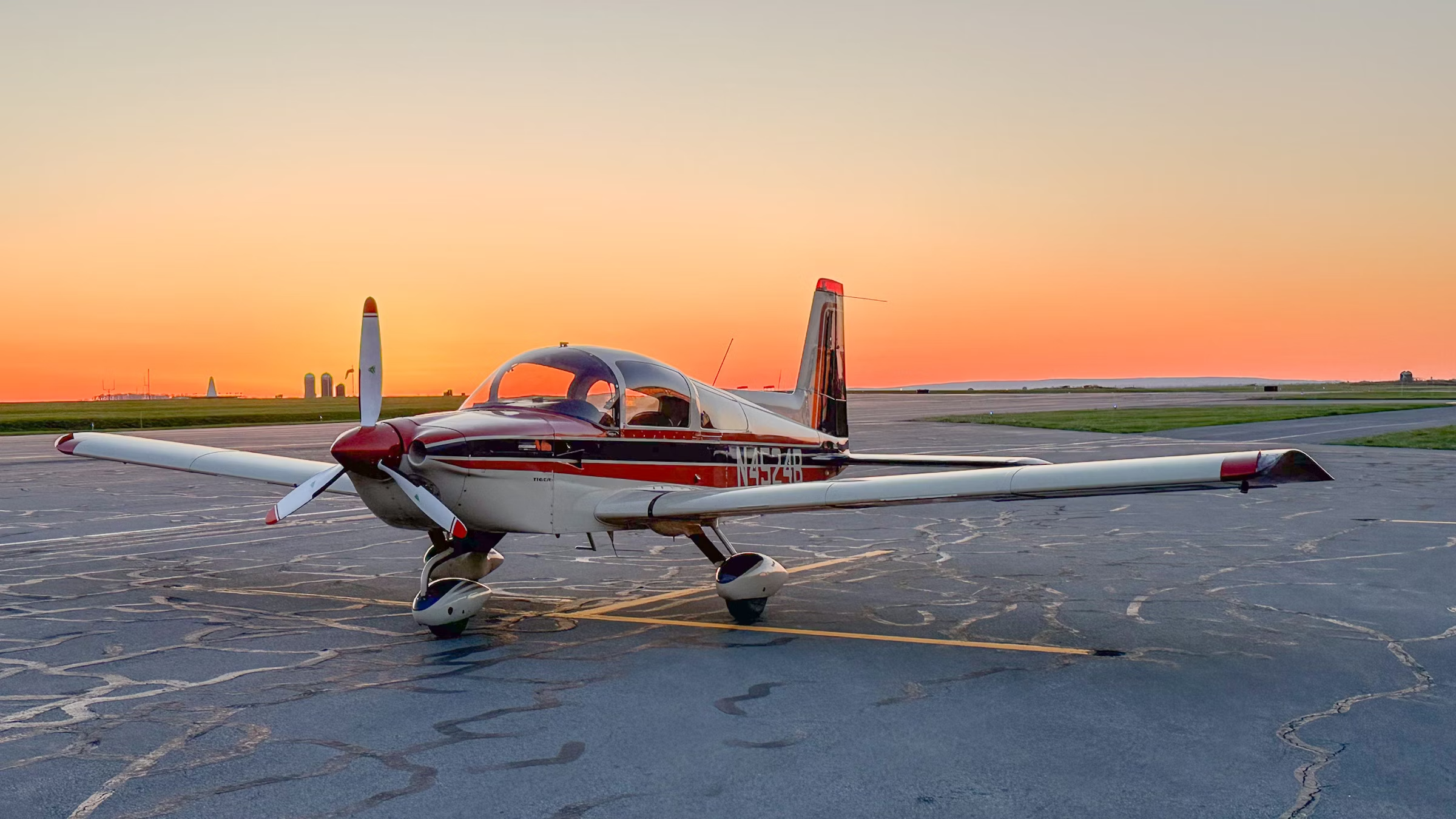Congress Gives Boeing Clearance for 737 Max Certification
The 737 MAX 7 and 10 have been approved to proceed towards entry and return into service.
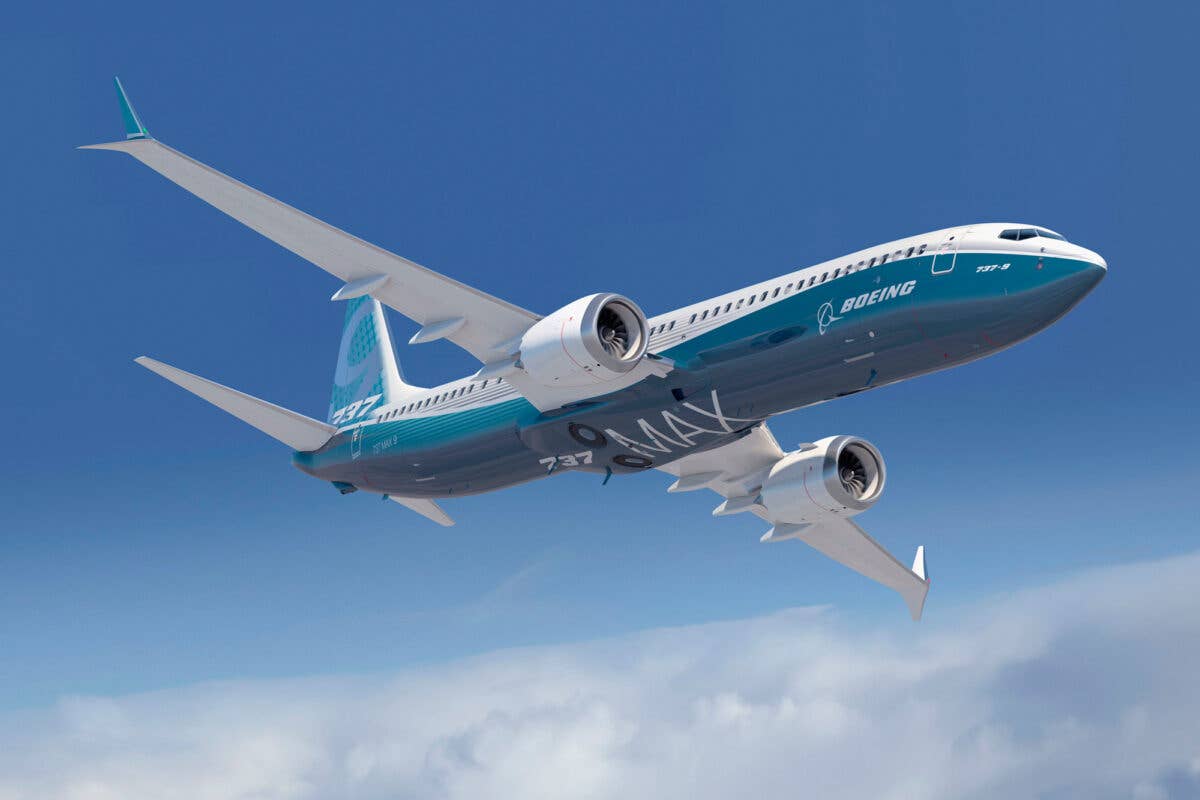
The bill gives Boeing three years after certification of the MAX 10 to retrofit all models of the MAX jets with the safety enhancements. [Credit: Boeing]
Congressional leaders have agreed to give the Boeing Company [NYSE:BA] clearance for the new certification of its 737 Max 7 and 10 jets without further changes. The agreement, reached early Tuesday morning, came through an amendment of an end-of-the year government spending bill.
As previously reported in FLYING, after December 27, 2022, all airplanes must have modern cockpit alerting systems to be certified by the FAA.
According to the Seattle Times, the crew alerting system won't be required, however the language in the new bill includes a condition proposed by U.S. Sen. Maria Cantwell, D-Wash., that requires all airlines to retrofit Max 7, 8, and 9 jets already in service.
The bill gives Boeing three years after certification of the Max 10 to retrofit all models of the Max jets with the safety enhancements. Boeing will foot the cost of the retrofit. Aircraft in the field that are not retrofitted will not be permitted to fly.
FLYING reached out to Boeing this morning for comment. A spokesperson for the aerospace giant replied, "We do not have anything to add."
As previously reported, the new cockpit-alerting requirements that are part of certification reform legislation that was passed in 2020 after two 737 Max accidents—one in Indonesia, the other in Ethiopia—that killed 346 people. In the aftermath, the global fleet of Boeing 737 Max jets were grounded for two years while Boeing, the National Transportation Safety Board, and the FAA conducted investigations.
The accidents were blamed on issues with the 737 Max and its maneuvering characteristics augmentation system (MCAS). According to a congressional investigation, both crashes were attributed to “the plane-maker’s unwillingness to share technical details.” Changes were made to the MCAS software and new training protocols were developed. The aircraft returned to service in November 2020.
Boeing stood to lose billions of dollars if Congress did not grant a waiver that would allow the aerospace manufacturer to seek certification before the safety enhancements were added to the airliners.
Big Customers
The company has multiple orders on the books for the Max 10 from several airlines including Delta Air Lines [NYSE: DAL] and Canada’s WestJet Group.
In addition, representatives from Boeing's two largest unions contacted Congress to warn them about the negative financial impact of job losses for thousands of workers at Boeing should the certification of the Max be delayed.
Airline pilots who will subsequently fly the Max 7 and 10 had mixed reactions to the proposed certification without the crew-alerting system upgrade.
The Allied Pilots Association, which represents some 15,000 pilots at American Airlines, clamored for the upgrade to make the aircraft safer, while the Southwest Airlines Pilots association pressed Congress to grant Boeing the ability to pursue certification without the upgrade.
The Safety Upgrade
After the Max accidents, Boeing developed training protocols including computer-based training modules and simulator sessions for pilots, as well as system improvements. These improvements are being tested on the Max 10. Among them are enhancements to the angle of attack sensors and flight computer to give the pilots a better understanding of the aircraft's flight attitude—including the ability to silence a false stick-shaker alarm, as a false stick-shaker alarm was identified as a factor in the Max crashes as it distracted the pilots.
Several media outlets have noted the families of victims of the two Max accidents in 2018 and 2019 have spoken out against the waiver, accusing Congress of putting Boeing profits over safety.
In October, Boeing stated it expected the certification of the 737 Max 7 to happen in 2022 or in 2023, and the Max 10 to begin FAA certification flight testing this year or 2023, with a projected entry into service by 2023 or 2024.
As far as the extension of the deadline, the FAA stated in October, “Safety dictates the timeline of certification projects. Only Congress can change the crew-alerting-system deadline.”

Sign-up for newsletters & special offers!
Get the latest FLYING stories & special offers delivered directly to your inbox

